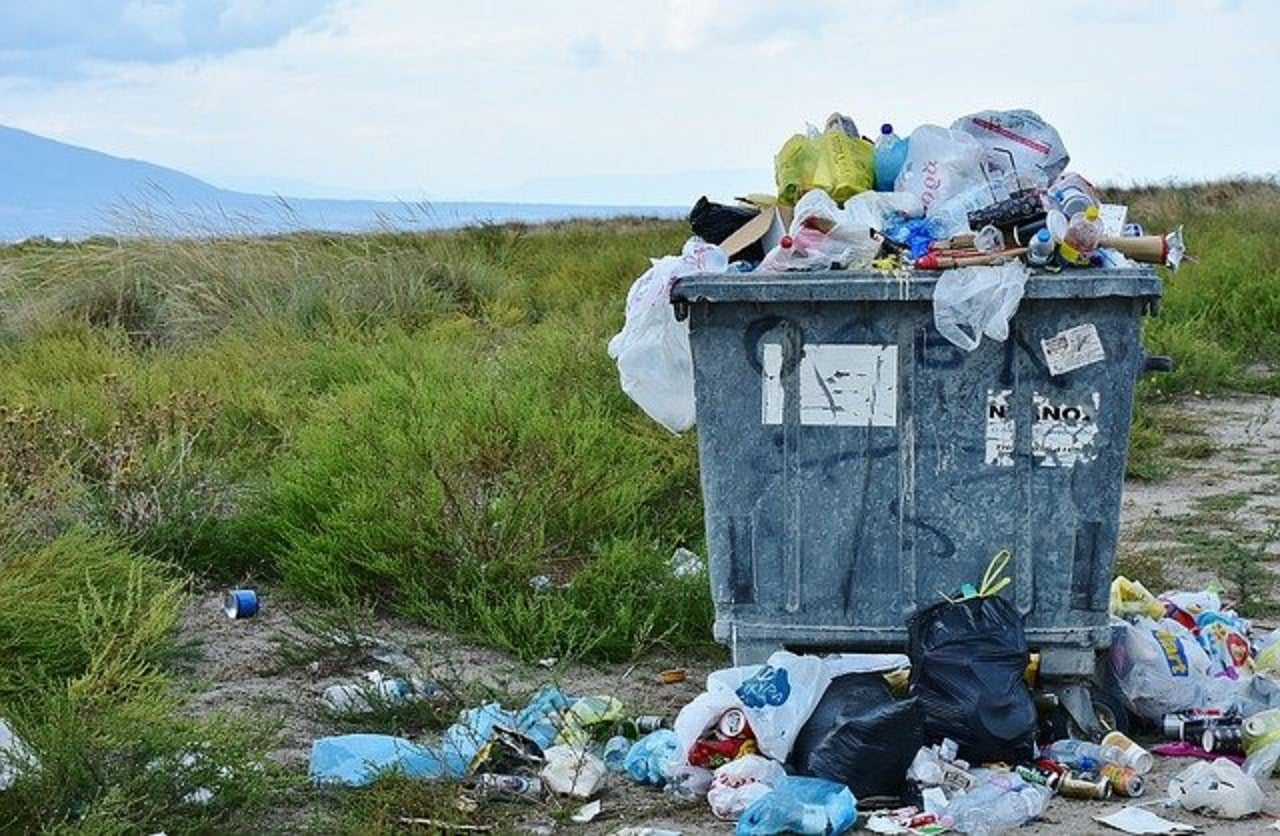
World Economic Forum has announced that Nigeria will officially join forces with its Global Plastic Action Partnership (GPAP) to fight plastic pollution.
With an aim to reduce plastic waste and pollution, GPAP is a platform co-founded by partners across the public and private sectors to translate plastic pollution commitments into concrete solutions.
By joining GPAP, Nigeria will now work with the World Economic Forum for the launch of a National Plastic Action Partnership along with Indonesia, Ghana and Vietnam to advance national efforts to tackle plastic pollution.
The main mandates of the partnership will include creation and working with locally-led, locally driven platforms to bring together the most influential policy-makers, business leaders and civil society advocates in the country.
These platforms include the Federal Ministry of Environment and the African Development Bank-coordinated Nigeria Circular Economy Working Group (NCEWG).
The partnership aims to provide a national action plan to further reduce plastic pollution and connect high-potential solutions with strategic financing opportunities.
Nigeria Environment Minister Mohammad Mahmood Abubakar said: “With this partnership, Nigeria is further reinforcing its commitments and efforts towards addressing plastic pollution and safeguarding the environment.
“From co-founding the African Circular Economy Alliance and establishing a Nigerian / AfDB Circular Economy Working Group to joining the Global Plastic Action Partnership, Nigeria is determined to unleash the full potential of our young generation of innovative and passionate leaders so that we can work together towards a future free of plastic pollution and waste.”
According to the World Economic Forum, mismanaged plastic waste, as well as the production of unsustainable plastics, are commonplace in the West Africa region.
It is estimated that nearly 200,000t of plastic waste in the country was discharged into the ocean per year in 2018 and the annual plastics production is expected to grow to 523,000t by next year.



